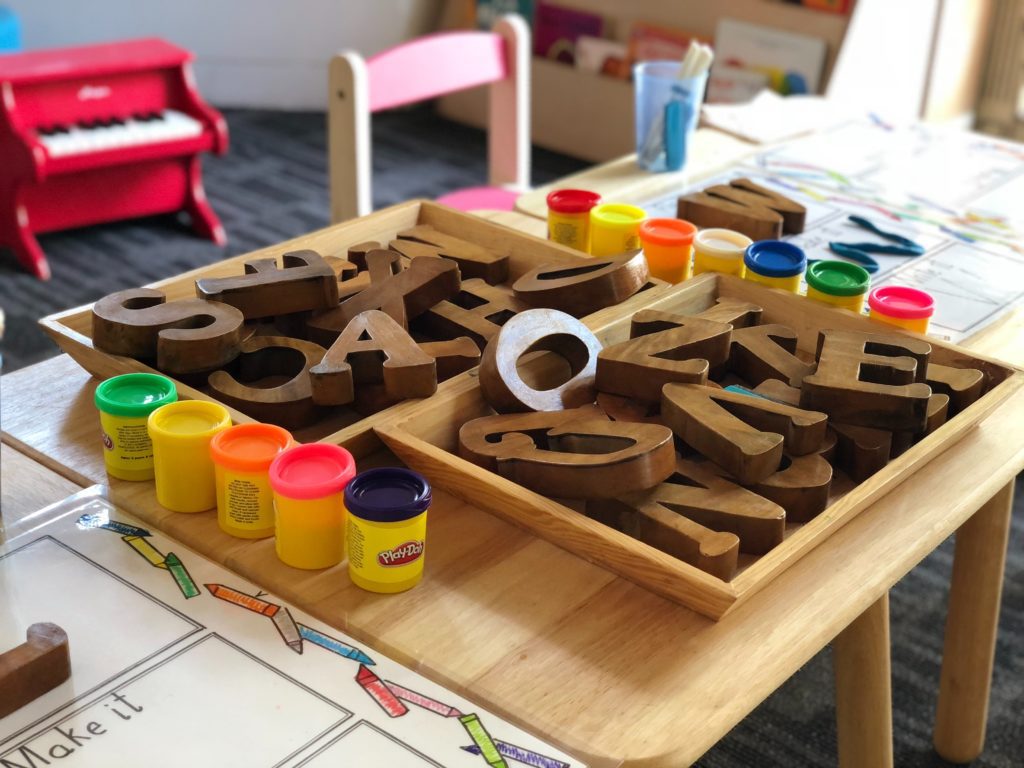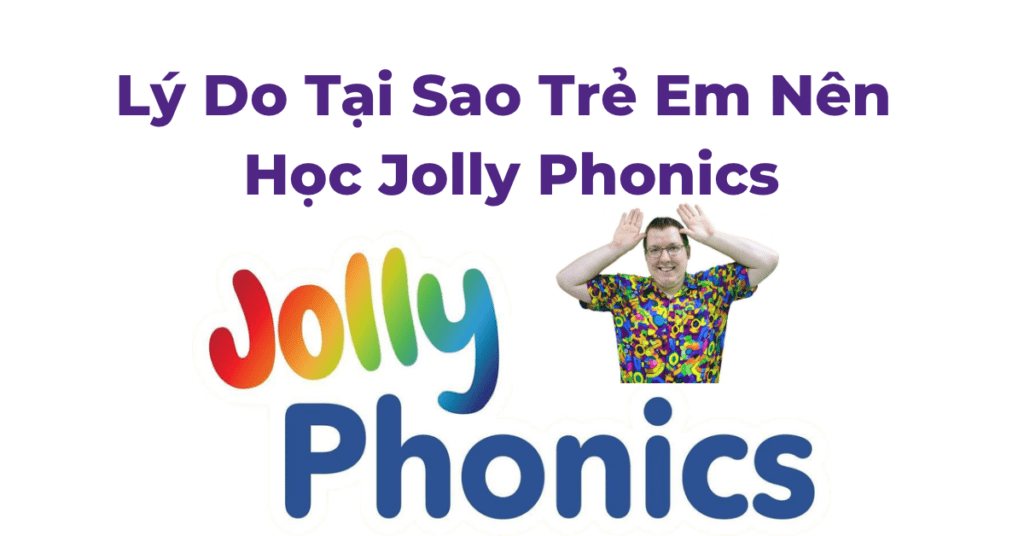Jolly Phonics is a method of teaching children how to read and write in English. This approach is particularly useful for Vietnamese students who are learning English as a second language. In this blog post, we'll explore the benefits of studying Jolly Phonics and how Vietnamese English language learners can benefit from this teaching method.
Firstly, Jolly Phonics is a fun and engaging way to teach English. Learning a new language can be challenging, especially for young students who are still developing their language skills. However, Jolly Phonics uses games, songs, and other interactive activities to help children learn how to read and write. This makes the learning process more enjoyable, which can help students develop a love for the English language.

Secondly, Jolly Phonics is based on a phonics approach, which means that students learn to read by recognizing the sounds that letters make. This approach is particularly helpful for Vietnamese students, who may struggle with English pronunciation due to the different sound system in the Vietnamese language. By learning the sounds that letters make in English, students can improve their pronunciation and become more confident in speaking and reading English.

Another benefit of Jolly Phonics is that it helps students develop their listening skills. In Jolly Phonics, students are encouraged to listen to and identify the sounds of English letters and words. This can be particularly useful for Vietnamese students, who may not be used to hearing English spoken at home or in their community. By improving their listening skills, students can better understand spoken English, which will help them in their overall English language learning.

In addition to improving English language skills, Jolly Phonics also helps students develop other important skills, such as fine motor skills and memory skills. When learning to write in English, students must develop the fine motor skills necessary to hold a pencil or pen and write legibly. Jolly Phonics includes writing activities that can help students develop these skills. Additionally, the memorization of letter sounds and spellings can help students develop their memory skills.
One of the most significant benefits of studying Jolly Phonics for Vietnamese English language learners is that it helps students develop their confidence in learning a new language. Learning a new language can be daunting, and many students may feel discouraged if they struggle with English. However, Jolly Phonics provides a structured and supportive learning environment that can help students feel more confident in their ability to learn English.

Furthermore, Jolly Phonics provides a solid foundation for English language learning. By teaching students the sounds of English letters and words, Jolly Phonics provides a strong basis for students to build their English language skills. Once students have a good understanding of phonics, they can apply this knowledge to reading and writing more complex English words and sentences.

Lastly, studying Jolly Phonics can also benefit Vietnamese English language learners in the long term. English is an essential language in today's globalized world, and proficiency in English can open up a range of opportunities for Vietnamese students, such as studying abroad or working in an international setting. By developing their English language skills through Jolly Phonics, Vietnamese students can gain a competitive advantage in their future academic and professional pursuits.
In conclusion, Jolly Phonics is an effective and engaging teaching method that can benefit Vietnamese English language learners in numerous ways. By providing a fun and interactive learning environment, improving English language skills, developing other important skills, boosting confidence, providing a solid foundation for English language learning, and opening up future opportunities, Jolly Phonics can help Vietnamese students achieve success in their English language learning journey.

